The Songs of the South
An Ancient Chinese Anthology of Poems by Qu Yuan and Other Poets
Translated and introduced by
DAVID HAWKES
PENGUIN BOOKS
PENGUIN CLASSICS
Published by the Penguin Group
Penguin Books Ltd, 80 Strand, London WC2R 0RL , England
Penguin Group (USA) Inc., 375 Hudson Street, New York, New York 10014, USA
Penguin Group (Canada), 90 Eglinton Avenue East, Suite 700, Toronto, Ontario, Canada M4P 2Y3
(a division of Pearson Penguin Canada Inc.)
Penguin Ireland, 25 St Stephens Green, Dublin 2, Ireland (a division of Penguin Books Ltd)
Penguin Group (Australia), 250 Camberwell Road, Camberwell, Victoria 3124, Australia
(a division of Pearson Australia Group Pty Ltd)
Penguin Books India Pvt Ltd, 11 Community Centre, Panchsheel Park, New Delhi 110 017, India
Penguin Group (NZ), 67 Apollo Drive, Rosedale, Auckland 0632, New Zealand
(a division of Pearson New Zealand Ltd)
Penguin Books (South Africa) (Pty) Ltd, 24 Sturdee Avenue, Rosebank, Johannesburg 2196, South Africa
Penguin Books Ltd, Registered Offices: 80 Strand, London WC2R 0RL , England
www.penguin.com
First published in Penguin Classics 1985
This edition published 2011
Copyright David Hawkes, 1985
The moral right of the translator has been asserted
Except in the United States of America, this book is sold subject to the condition that it shall not, by way of trade or otherwise, be lent, re-sold, hired out, or otherwise circulated without the publishers prior consent in any form of binding or cover other than that in which it is published and without a similar condition including this condition being imposed on the subsequent purchaser
ISBN: 978-0-14-197126-1
PENGUIN  CLASSICS
CLASSICS
THE SONGS OF THE SOUTH
QU YUAN was a minister of King , a tributary of the River Xiang.
DAVID HAWKES , who was born in 1923, was one of the greatest translators of Chinese literature of his time. In 1942, he went up to Christ Church, Oxford to study Classics, before spending the rest of the war teaching Japanese to code-breakers. He returned to Oxford to study Chinese, and in 1948 he left for Peking, then in the last throes of civil war. From 1959 to 1971 Hawkes was Professor of Chinese at Oxford University and subsequently became Research Fellow of All Souls College, Oxford. For many years, it had been Hawkess dream to work on The Story of the Stone, the eighteenth-century novel generally regarded as the greatest work of traditional Chinese fiction. His translation of the first three volumes of the novel, completed over ten years after he resigned from his chair at Oxford, is now regarded as his crowning achievement. David Hawkes died in Oxford in 2009.
To J. R. Hightower
Preface
The translations published in this volume first appeared in Chu Tzu, The Songs of the South: An Ancient Chinese Anthology, which the Clarendon Press, Oxford, published in 1959 and the Beacon Press of Boston reproduced as a paperback in 1962. They were originally part of a doctoral dissertation, On the Problem of Date and Authorship in Chu Tzu, submitted to the Oriental Studies faculty of the University of Oxford in 1955. Most of them were made while I was a student at the old National Peking University between 1948 and 1951. Li sao was translated even earlier, in the first half of 1948, when I had been studying the Chinese language for considerably less than three years.
In preparing this completely new edition of The Songs of the South (of which both the hardback and paperback editions have long been out of print), I have altered the translations as little as possible, not so much because I am confident that they are right, as from a feeling that they were made by a young man whom I should perhaps scarcely recognize if I met him today and whose work I am therefore not entitled to deface. Either I must make a new translation, which I have neither the time nor the energy to do, or I must present them more or less as they were, altering only what I am fairly certain was incorrect.
A major difference in the translations as they now appear is that I have substituted Pinyin for the old WadeGiles spellings. For the readers convenience I have modified the conventions of Pinyin slightly by introducing hyphens. And since Pinyin normally has no hyphens, I have felt free to use them according to rules of my own. In the case of personal names I write two-syllable names without a hyphen but with a capital letter at the beginning of each syllable; names of more than two syllables I hyphenate where appropriate: is a place.
The Chinese text of The Songs of the South is full of ambiguities and uncertainties. About one of them I have found my opinion changing even as I have been preparing this new edition for the press. The Nine Songs, it now seems to me although some of the material contained in it is much earlier cannot have been put together any earlier than the second century B.C. In , the master of the spirit world, was the Emperor of the East and the Chinese emperor, the master of the human world, was the Emperor of the West cannot have existed before the beginning of the imperial era.
I am grateful to the Oxford University Press for allowing me to recycle The Songs of the South in this new edition. Perhaps it would not be amiss to thank , and to the Chinese scholar Lu Kanru for having pointed out its relevance. Finally I should like to thank Mrs Betty Radice for her unfailing encouragement, without which I doubt if this book would ever have got finished.
DAVID HAWKES
Note on Spelling
Chinese proper names in this book are spelled in accordance with a system invented by the Chinese and used internationally, which is known by its Chinese name of Pinyin. A full explanation of this system will be found overleaf, but for the benefit of readers who find systems of spelling and pronunciation tedious and hard to follow a short list is given below of those letters whose Pinyin values are quite different from the sounds they normally represent in English, together with their approximate English equivalents. Mastery of this short list should ensure that names, even if mispronounced, are no longer unpronounceable.
Chinese Syllables
The syllables of Chinese are made up of one or more of the following elements;
1. an initial consonant (B.C.ch.d.f.g.h.j.k.l.m.n.p.q.r.s.sh.t.w.x.y.z.zh)
2. a semivowel (i or u)
3. an open vowel (a.e.i.o.u.), or
a closed vowel (an.ang.en.eng.in.ing.ong.un), or
a diphthong (ai.ao.ei.ou)
The combinations found are:
3 on its own (e.g, e, an, ai)
1 + 3 (e.g. ba, xing, hao)
1 + 2 + 3 (e.g. xue, qiang, biao)
Initial Consonants
Apart from c = ts and z = dz and r, which is the Southern English r with a slight buzz added, the only initial consonants likely to give an English speaker much trouble are the two groups
j q x and zh ch sh
Both groups sound somewhat like English j ch sh; but whereas j q x are articulated much farther forward in the mouth than our j ch sh, the sounds zh ch sh are made in a retroflexed position much farther back. This means that to our ears j sounds halfway between our j and

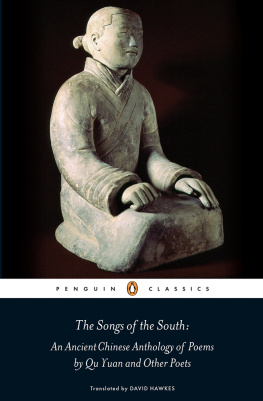
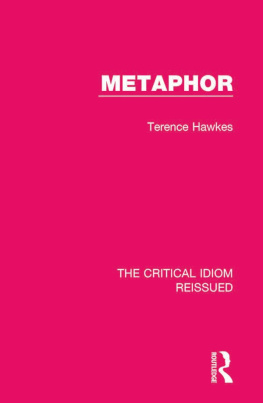
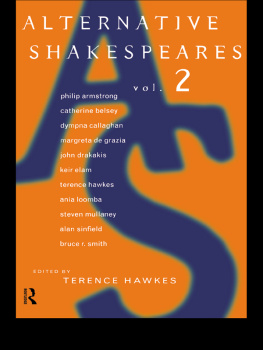

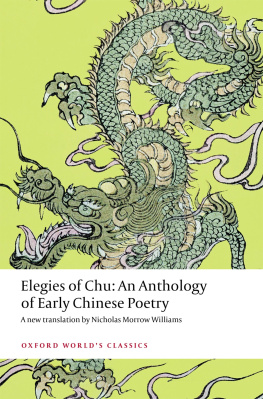
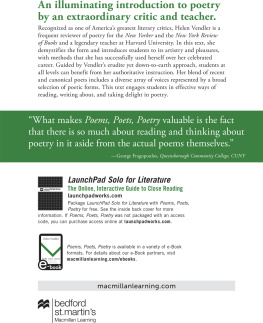
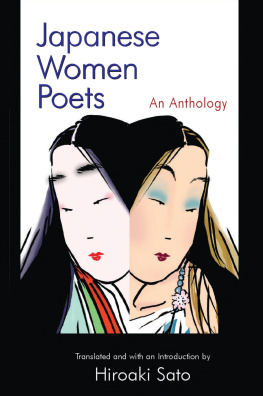
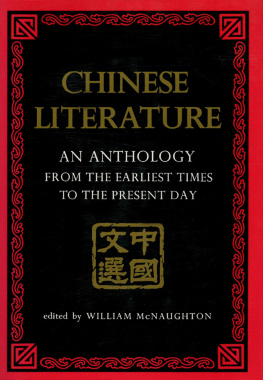
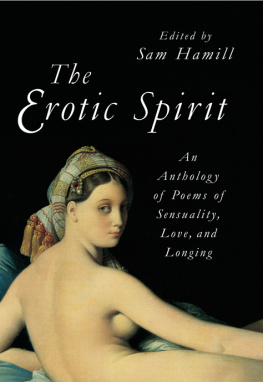
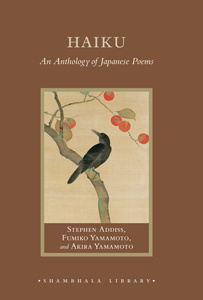
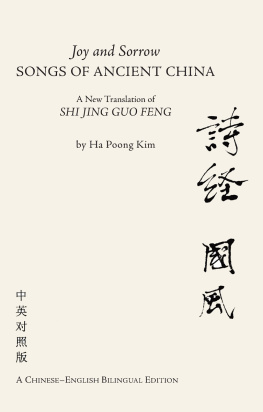
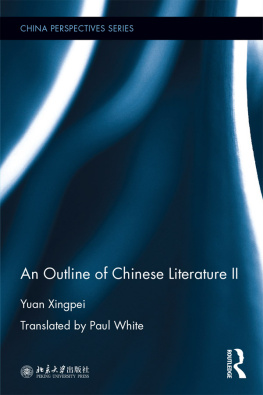
 CLASSICS
CLASSICS